Kenya Meteorological Department (KMD) Director, Dr David Gikungu, explains the changing weather patterns in different part of the country and what needs to be done to combat climate change.
Even as we reflect on these challenges, we also celebrate the efforts put in by everyone – from the small-scale farmers to agribusinesses, food traders, innovators, scientists, researchers, policymakers, and donors – to build resilience and achieve sustainable food systems on the continent.
As your agriculture and food security communication partner, we at PanAfrican Agriculture are particularly proud to have played a role in the conversation through our coverage of various research, innovations, policies, technologies, market
trends, major events, and key personalities.
In 2023, we will not only keep the conversation going but also introduce significant improvements in terms of the quality, variety, and scope of our coverage and make your experience on our print and digital platforms much more friendly.
Our list of correspondents in different parts of the continent is growing, with the latest additions being in South Sudan and Zimbabwe.
We invite you to visit our revamped and user-friendly website www.panagrimedia.com for up-to-date reports and videos. This January-March edition of the magazine, the first this year, is coming out against the backdrop of a major international event hosted in Africa and a major national agricultural policy shift in one
African country.
In November, delegates from all parts of the world converged in the Eyptian city of Sharm el-Sheikh for the 2022 United Nations Climate Change Conference, COP27, where threats of global warming to Africa’s agriculture were among the subjects of discussion.
Our main special report in this issue delves deeper into the COP27 discussions, including the highlights of a Fairtrade report warning about risks posed to key crops such as maize, bananas, coffee, and cocoa and how climate-smart agriculture is helping smallholders to build resilience in countries like Zambia.
In the Q&A section, Dr David Gikungu, the director of Kenya Meteorological Department, explains what the Horn of Africa’s worst drought in 40 years and changing weather patterns say about climate change.
In Kenya, the new administration of President William Ruto in October lifted a controversial 10-year ban on GMO food imports and cultivation of biotech crops.
We bring you insightful reports about the implications of this policy shift on the country’s efforts to achieve food security.
Enjoy your reading and we wish you a year full of promise.

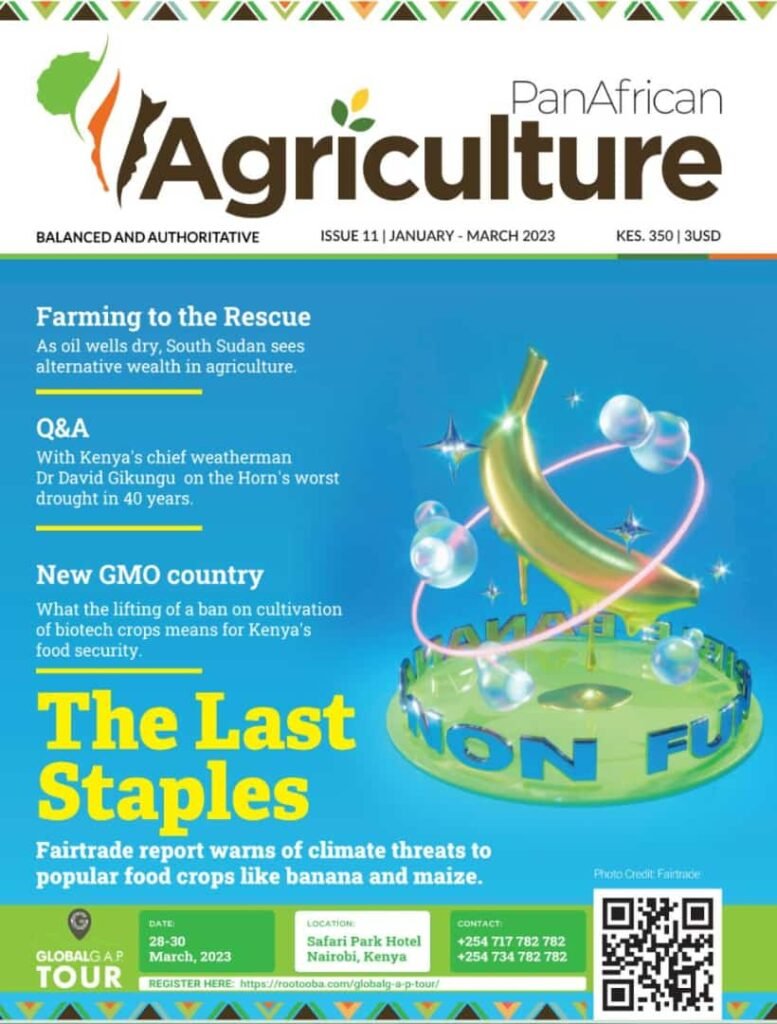

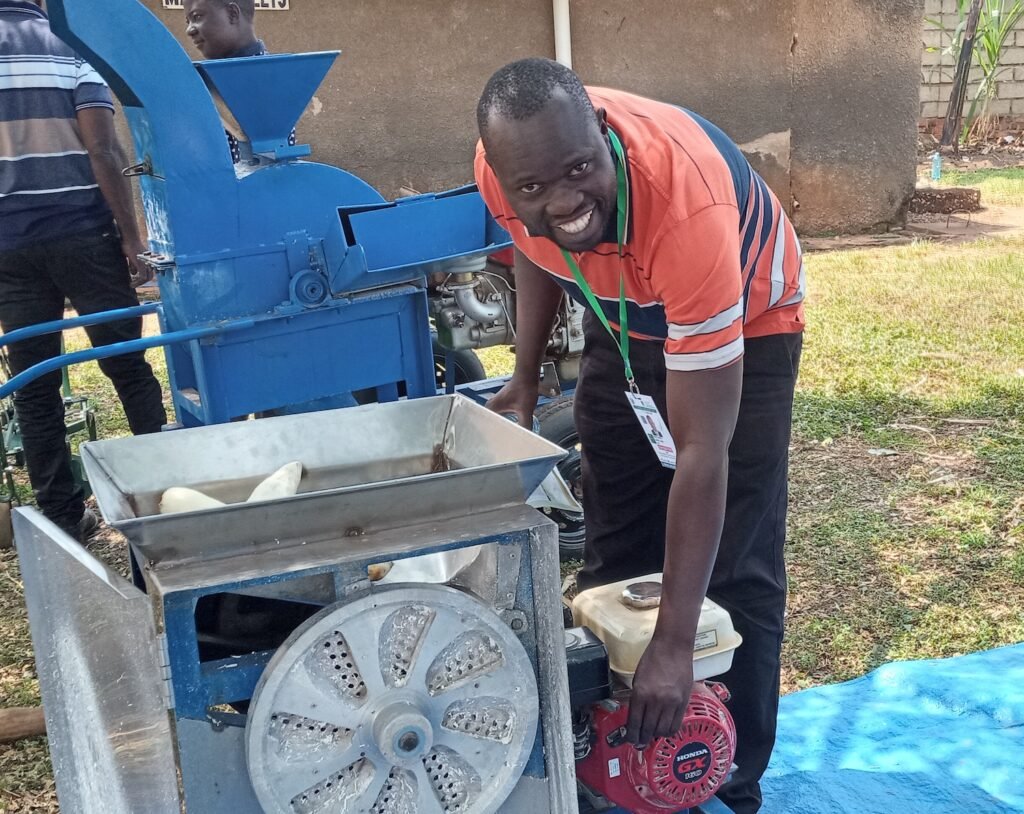
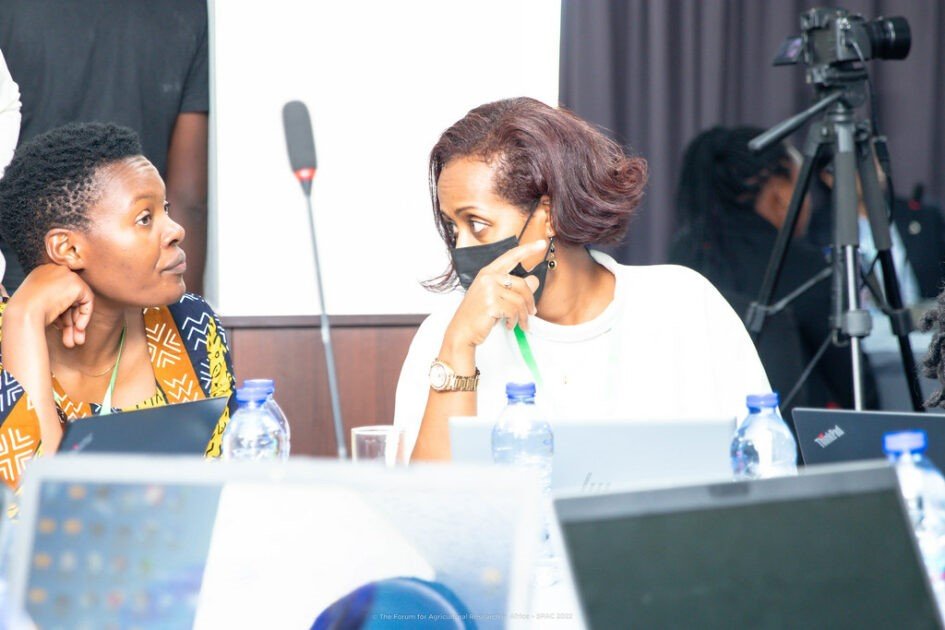

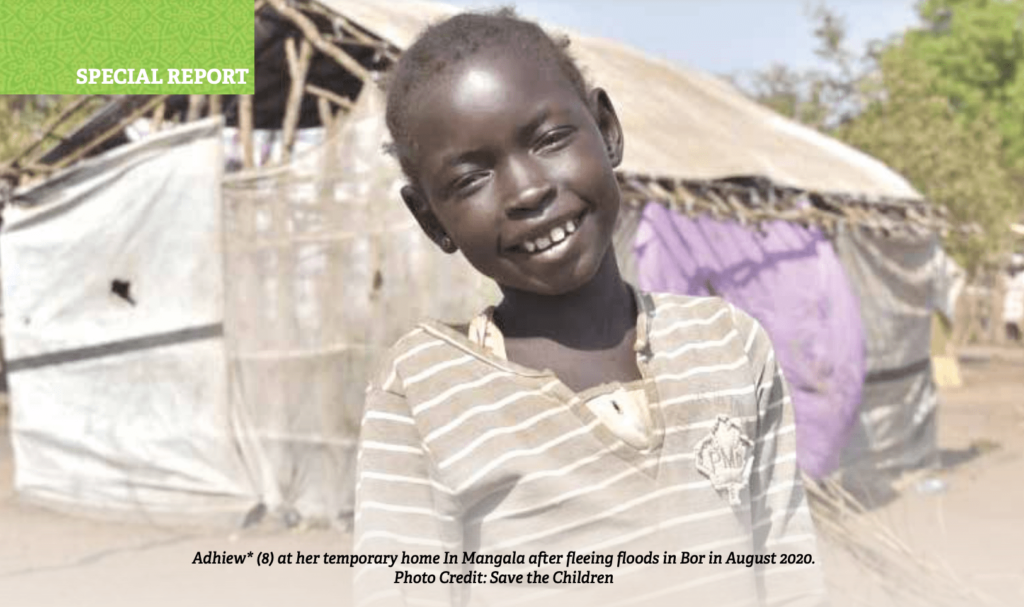
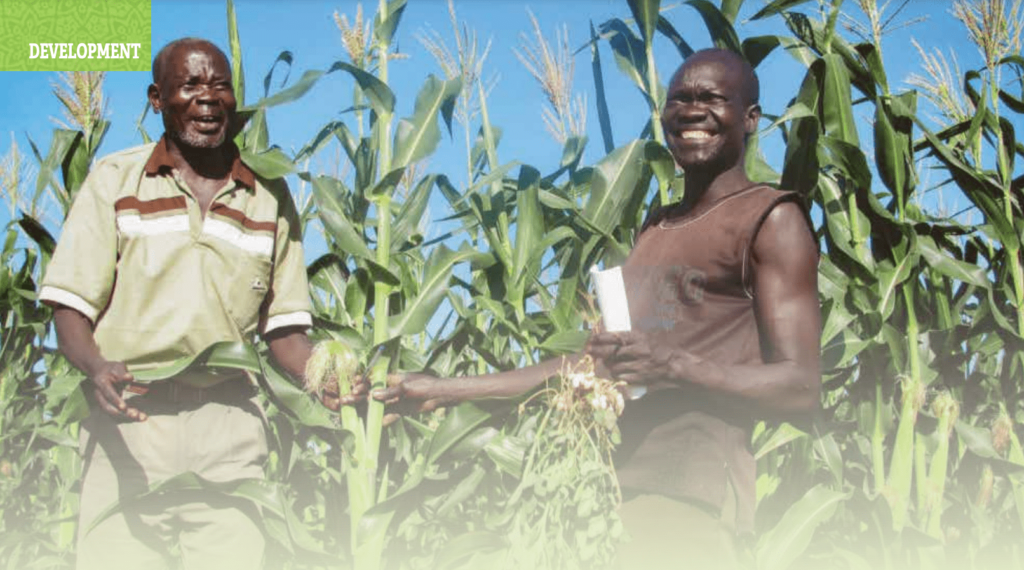
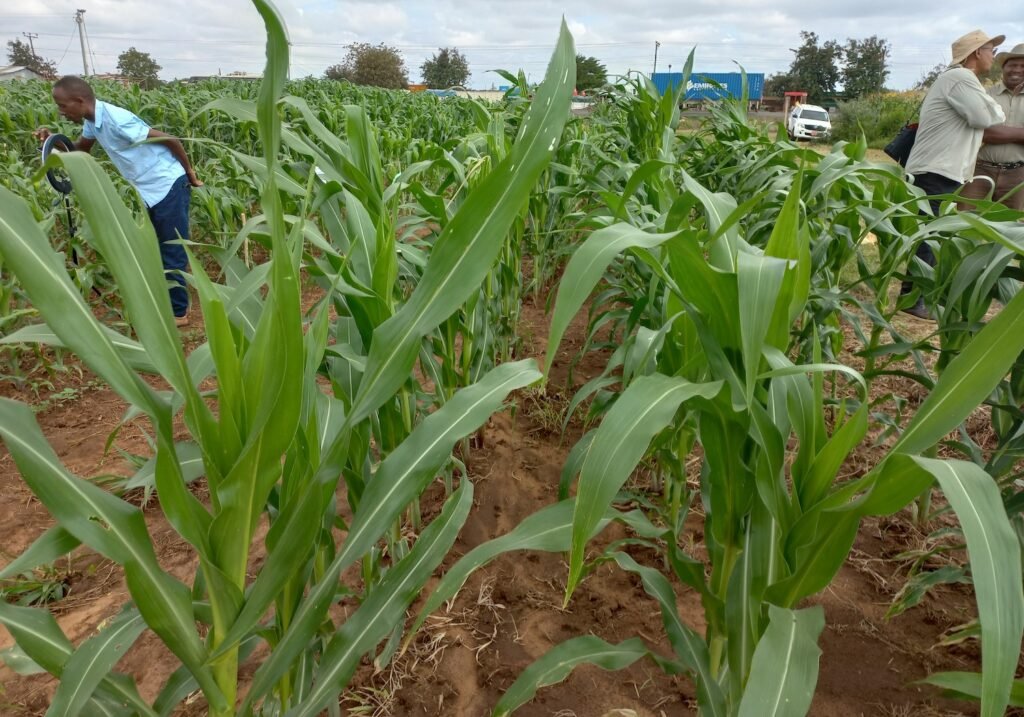

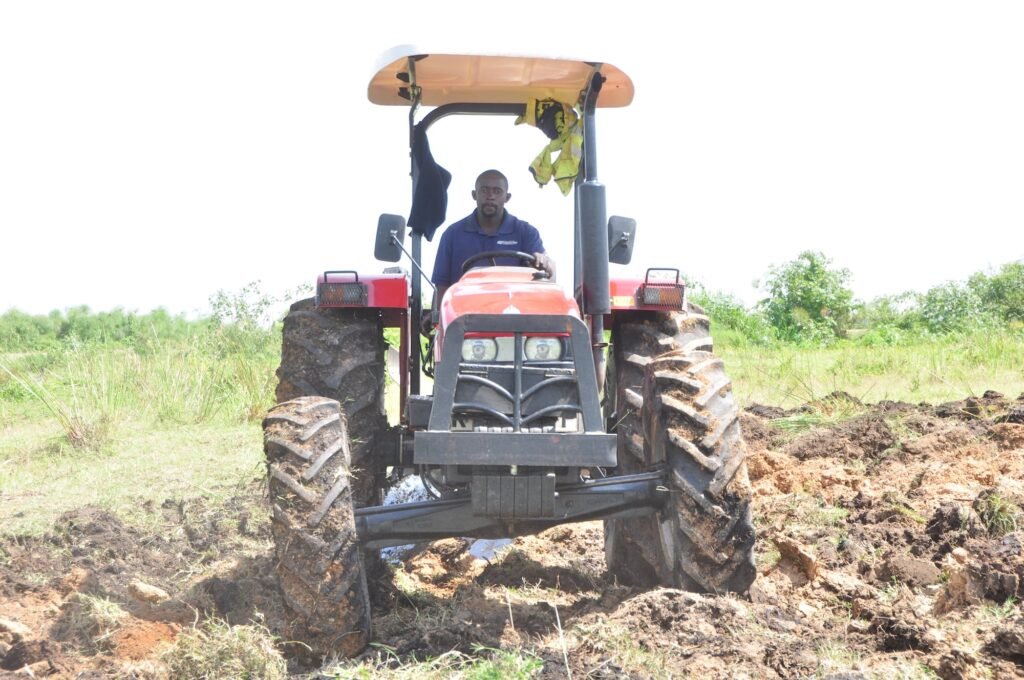
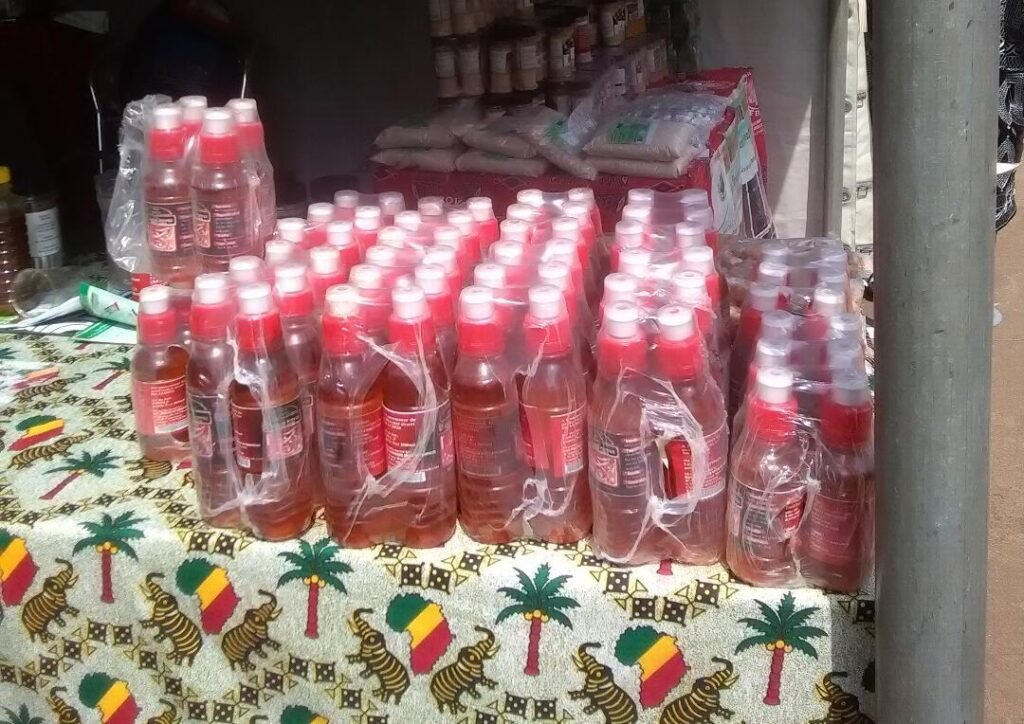



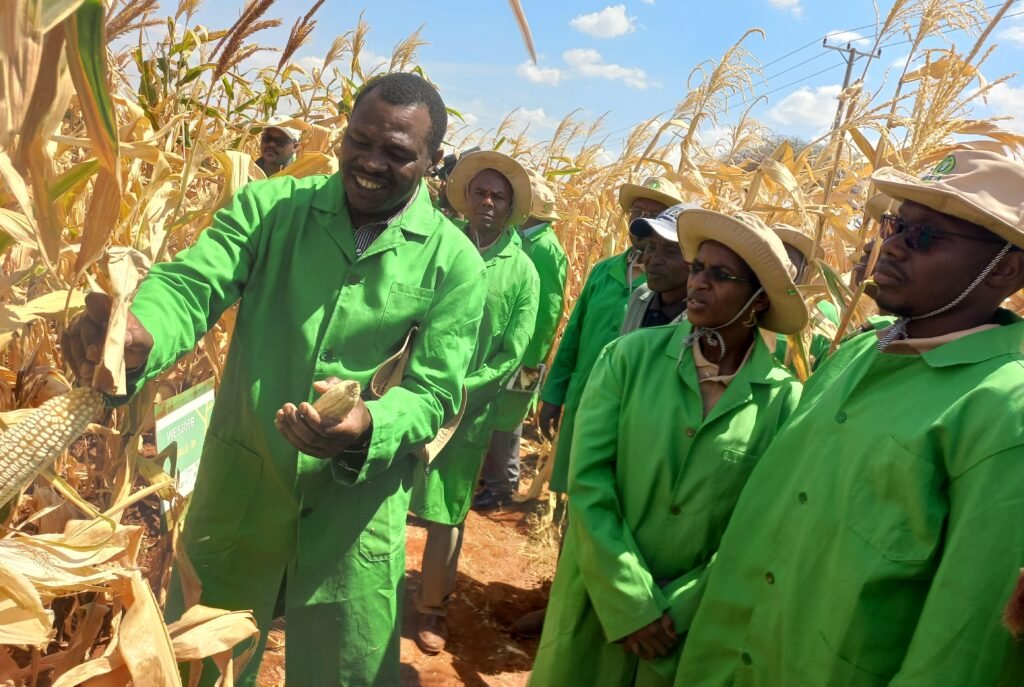
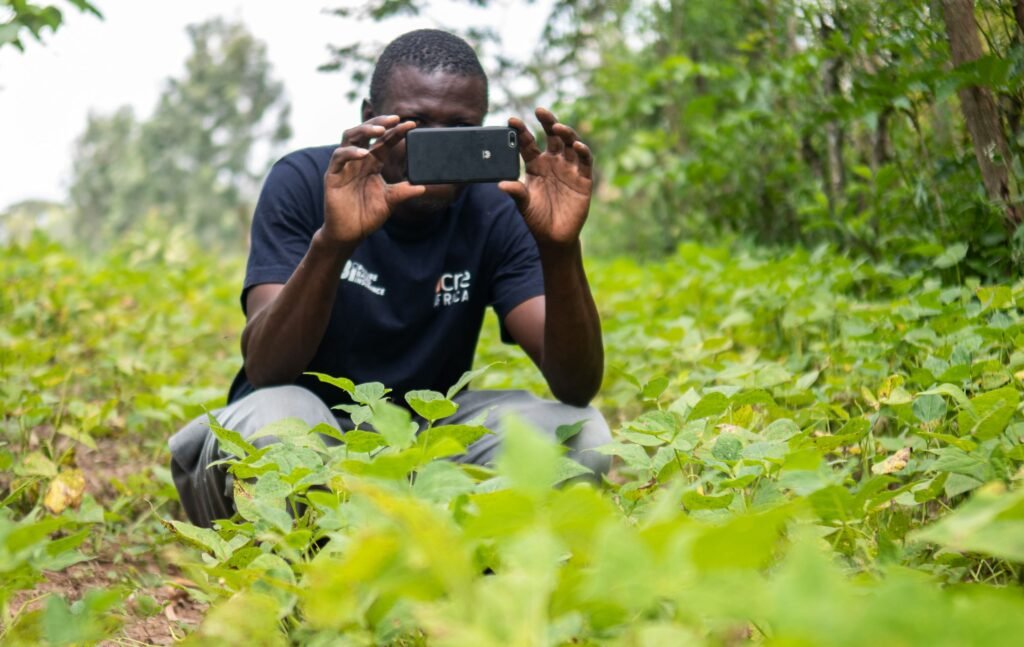
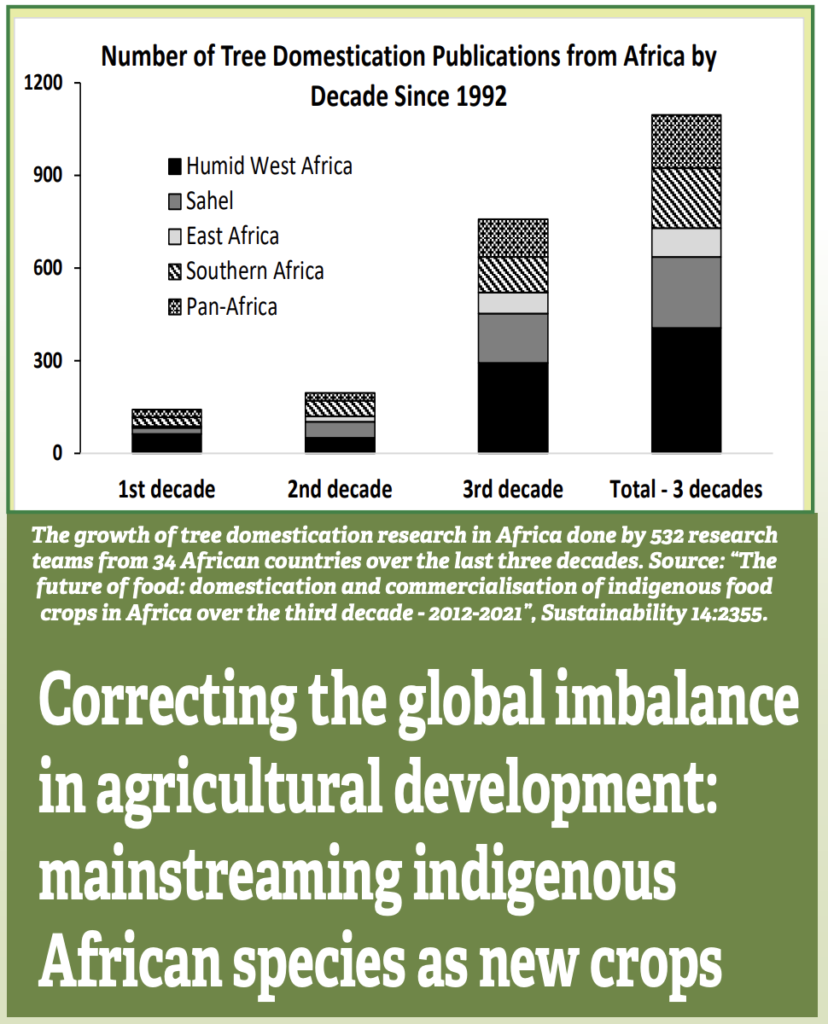



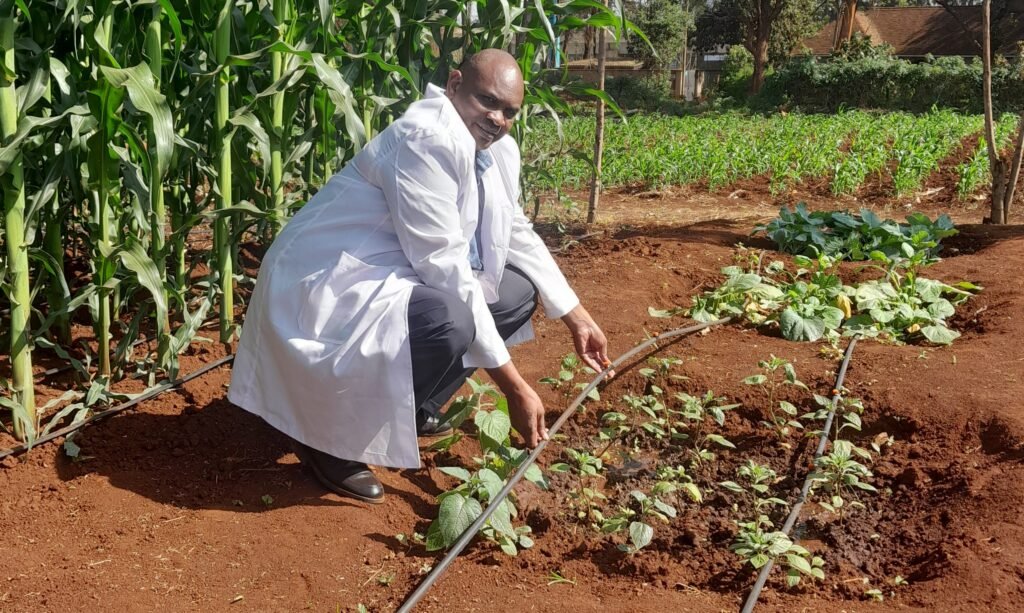

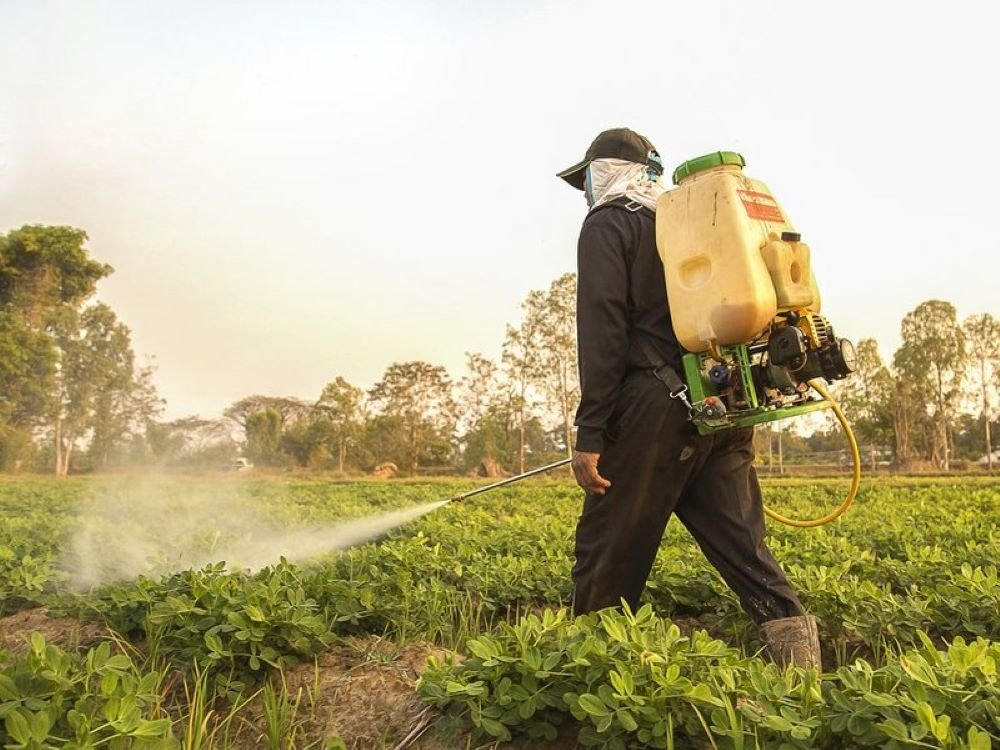
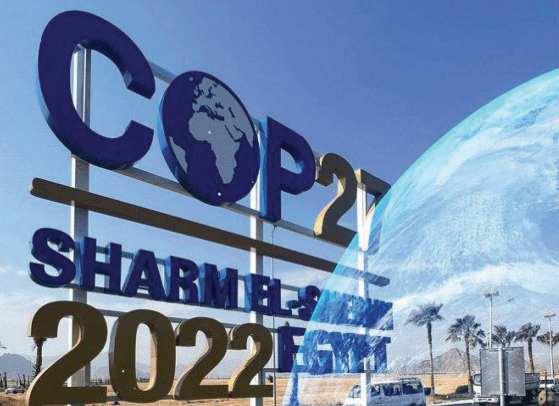
2 Comments. Leave new
I am proud of agriculture
Its a global problem governments and its people must listen to each other during this hard period of life after 40 ears.